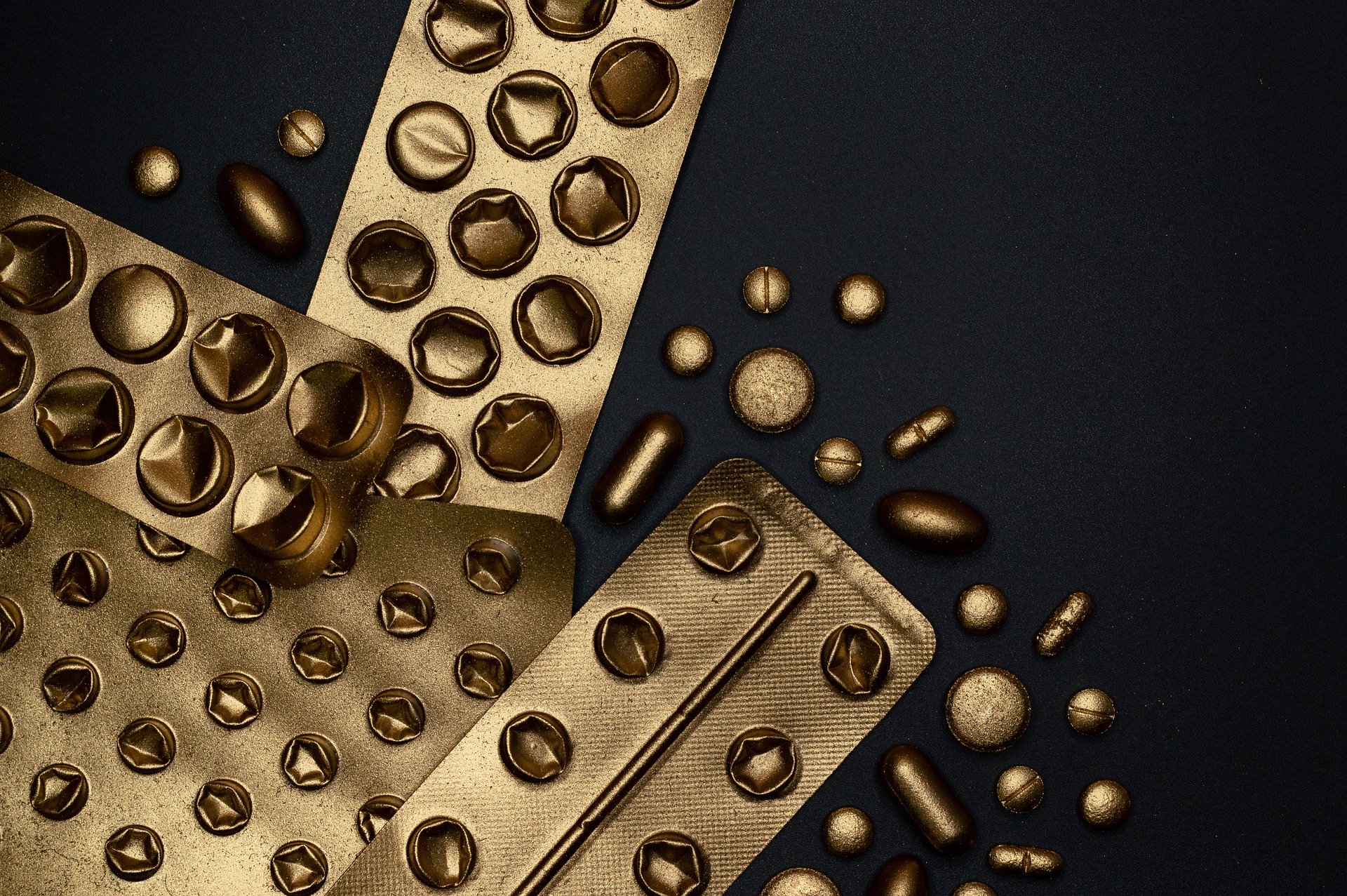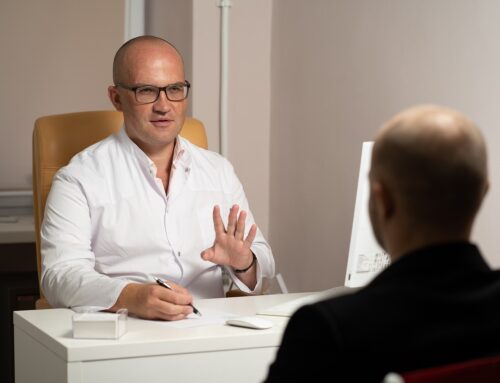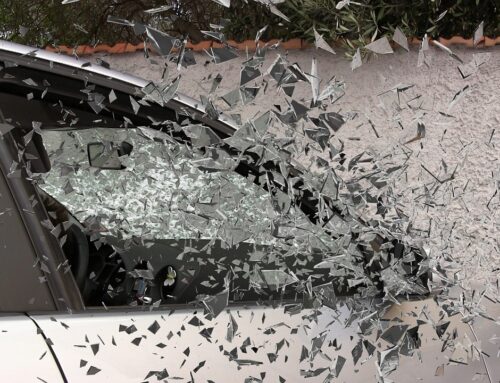Dangerous or defective products injure thousands of citizens annually. Product liability law is the set of legal rules which regulate the ways an injured person can recover damages for these injuries or deaths. Product liability law holds liable any manufacturer or seller who participated in the delivery a defective product to the consumer. Under product liability law, responsibility lies with all participants in the distribution chain.
Generally speaking, the law asserts that a product must meet the ordinary and reasonable expectations of the consumer. All defendants in a product liability case may be determined to be a substantial contributor.
-
- A person who sustains harm or injury due to a defective product may potentially hold the product designer, manufacturer, and/or distributor liable. There may be multiple defendants from all points along the manufacturing and supply chain.
- Product liability laws cover pharmaceuticals, food and nutrition supplements, automotive products, household goods, recreational and sports equipment, products for infants and children, and construction tools and equipment.
- Product liability claims are based on state laws, as there is no federal product liability law. Florida laws are based on the legal theories of breach of warranty, strict liability or negligence.
Breach of Warranty: Breach occurs when representations made about a product for sale which prove to be erroneous or untrue. In regards to product liability law, the plaintiff may argue that the product claims made by the designer or manufacturer were not true.Strict Liability: This is the standard by which an individual is legally responsible for the consequences of an activity or action; even without fault or criminal intent. Strict liability does not require the plaintiff to prove fault of any defendant, simply to prove that the product caused the injury.
Negligence: Negligence is the failure of the defendant to exercise the appropriate or ethical care which is reasonably expected in specified circumstances. Unlike strict liability, in cases of negligence it is required that the plaintiff proves that their injury was due to the defendant’s negligent design, production, or marketing of the product. In the case of multiple defendants, plaintiffs must also prove that each defendant’s negligence was a “substantial contributing” factor to their injuries.
According to Florida law, substantial contribution is not a standalone test to prove causation. Instead, it acts as a supplement to the traditional causation standard. Defendants seeking a summary judgement must disprove the plaintiff’s claim of causation for the injury. Each individual defendant must prove they did not substantially contribute to the injury, and thus should not be held liable.
Product liability claims can be quite complex, as there are many possible defendants who may be liable for your injury. Determining liability may require quite a bit of investigation and diligence to find every substantial contributor. Product liability cases often lend themselves to class action lawsuits as well, so plaintiffs may wish to determine if other consumers have had the same experience with the product.
If you feel that you have been harmed or injured due to a defective or dangerous product, call the attorneys at Probinsky & Cole. We will help you to determine causation and liability, and begin a claim if that is the appropriate step to take.








